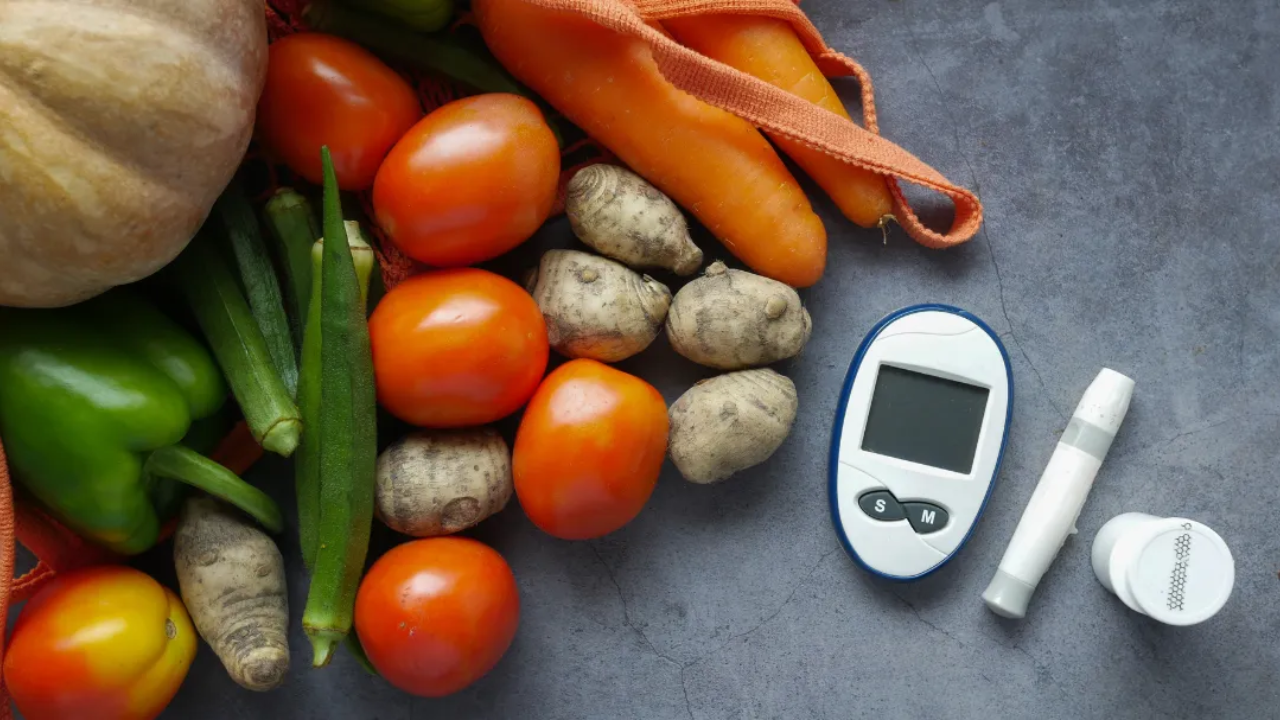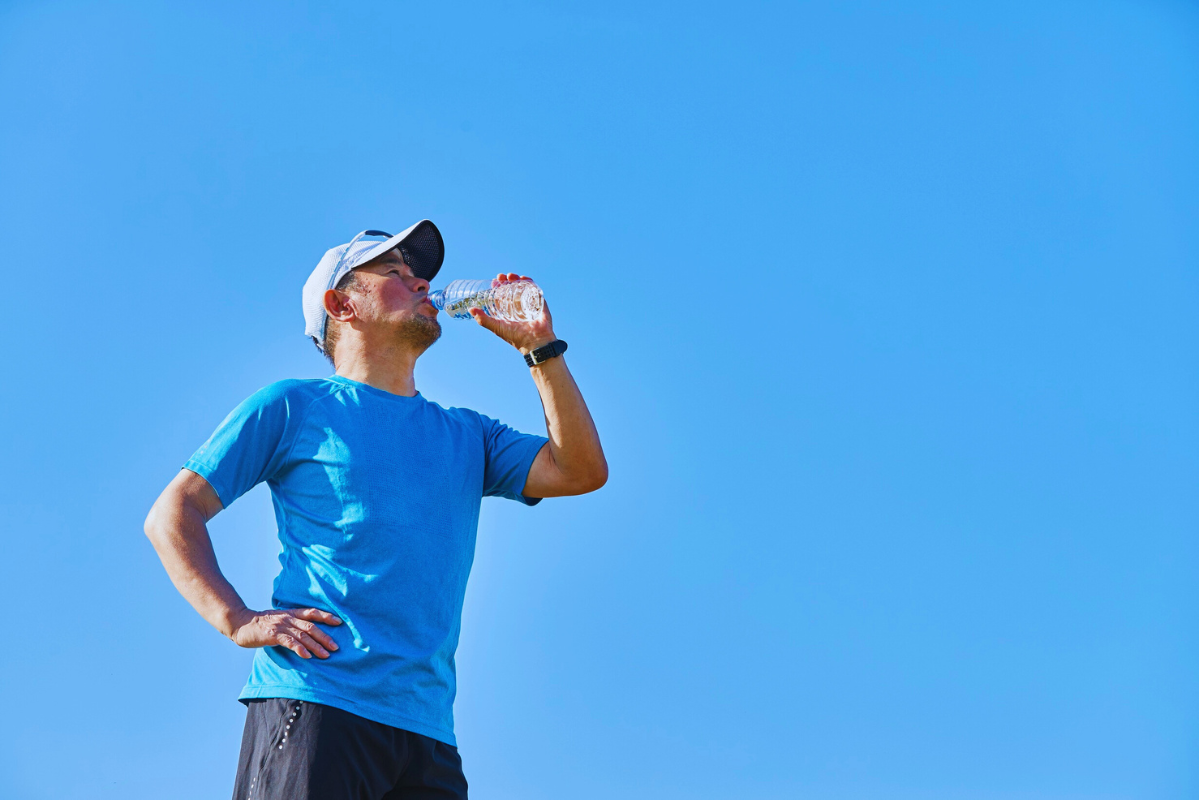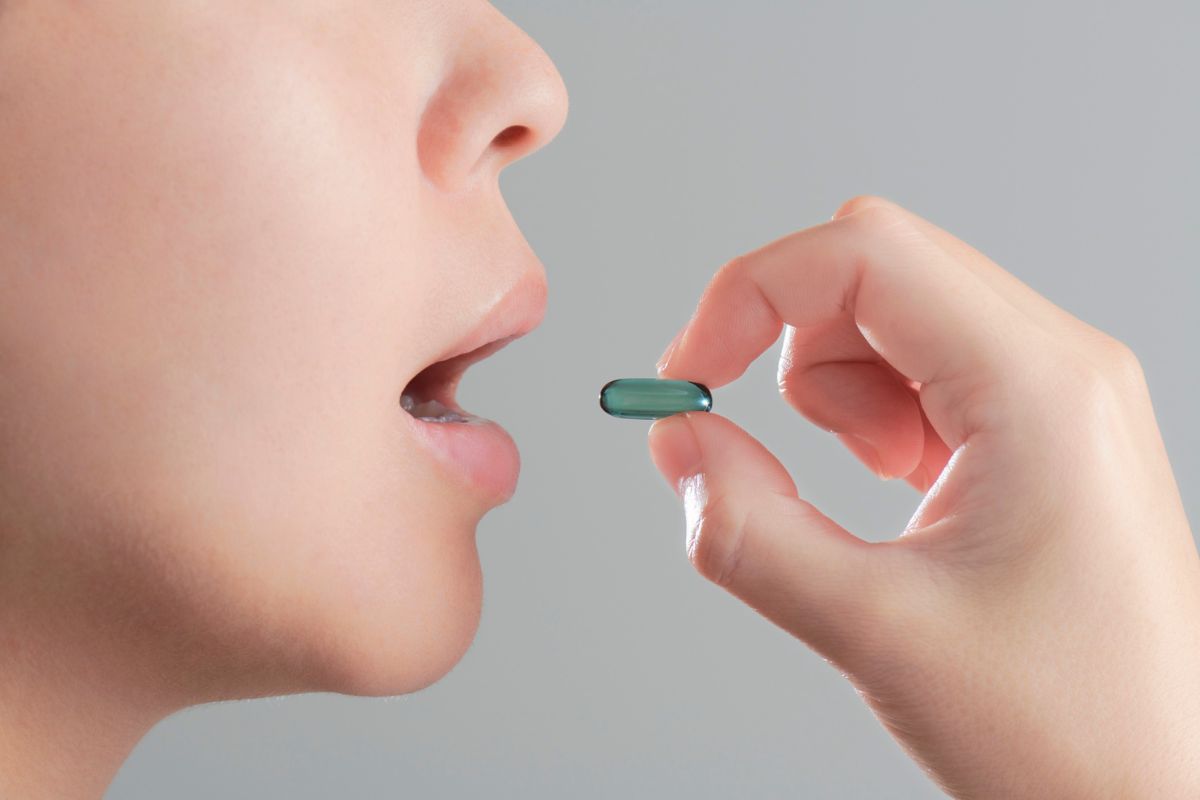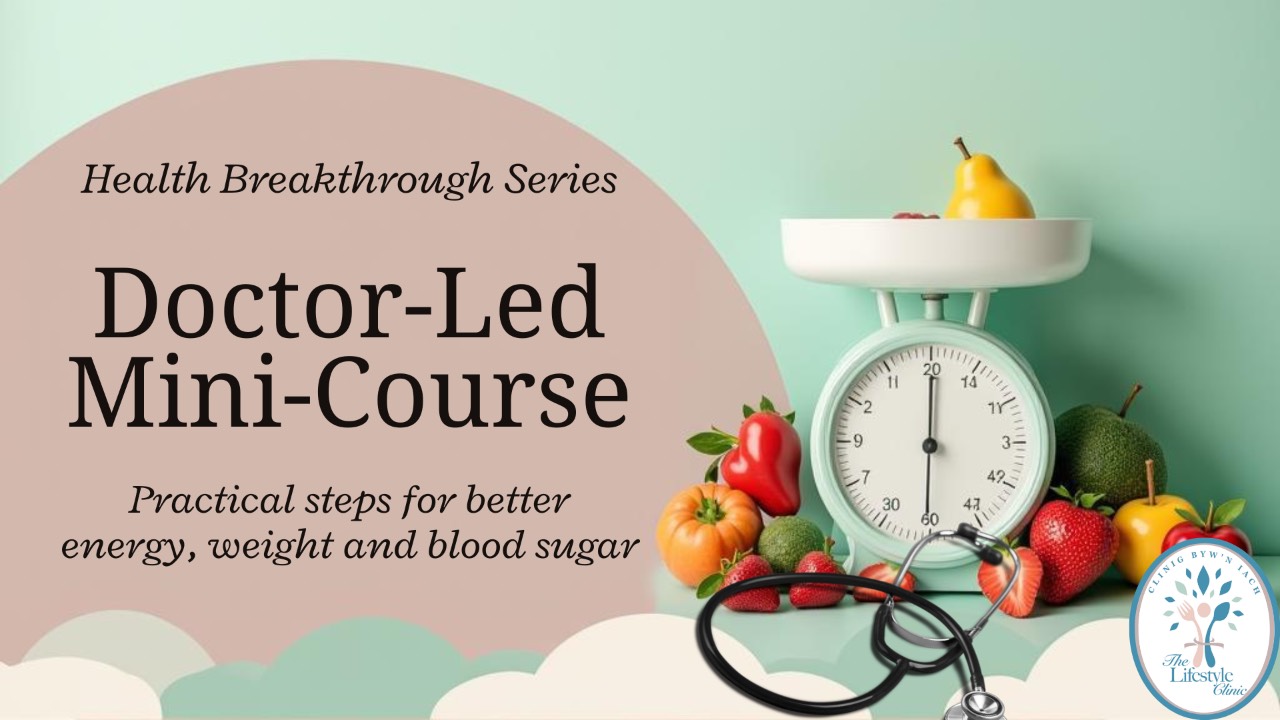
Taking Back Control: Natural Strategies for Managing Type 2 Diabetes
Oct 06, 2025Are you feeling stuck in a cycle of relying on medications to manage your diabetes? Do you find yourself anxiously waiting for the next doctor’s appointment, hoping for answers, only to leave with more questions? Perhaps you feel as though your condition is managing you, rather than the other way around.
If that sounds familiar, you’re not alone.

So many people I’ve worked with—both in my NHS GP practice in West Wales and through my online clinics—have shared these same feelings: frustration, fear, and sometimes even hopelessness. It can be exhausting to feel like your health is out of your hands, dictated by prescriptions and hurried appointments.
But here’s the truth: it doesn’t have to be this way.
There are different paths forward. With the right strategies, you can take back control of your health, work with your body rather than against it, and begin to reduce your reliance on medication. You can calm the cycle of constant appointments and start stabilising your blood sugars in a natural, sustainable way. And most importantly, you don’t need to wait for someone else to hand you the solution—the power to change starts with you.
👉 If you’d like to dive deeper, you can watch my full YouTube video on this topic here: How to Manage Diabetes Naturally.
The Foundation: Lifestyle Changes
When it comes to Type 2 diabetes, lifestyle is the most powerful tool you have. Medication plays a role, but it doesn’t address the root cause. Lasting change begins with everyday choices, and even small steps can add up to big results.
Nutrition and Diet
Food directly impacts blood sugar. A low-carbohydrate way of eating can help keep your levels stable, reducing the highs and lows that often lead to medication adjustments.
- Fill your plate with non-starchy vegetables, healthy fats (such as avocado, nuts, and olive oil), and high-quality protein.
- Don’t underestimate fibre—it slows sugar absorption and keeps you fuller for longer.
Exercise
Movement is one of the simplest yet most effective ways to lower blood sugar. You don’t need a fancy programme or long hours in the gym—even a 10-minute walk after meals can make a measurable difference. Find activities you enjoy—walking, yoga, swimming, strength training—and do them regularly.
Stress Management
Stress triggers cortisol, which in turn raises blood sugar. Over time, this can undo all your best efforts with food and exercise. Stress reduction techniques such as deep breathing, mindfulness, journalling, or hobbies you love can make a real difference.

Sleep and Hydration
Often overlooked, but absolutely vital. Poor sleep raises insulin resistance, and dehydration makes it harder for your body to use insulin effectively. Aim for 7–8 hours of good-quality sleep and drink plenty of water throughout the day.
These aren’t “quick fixes”—they’re the foundation of long-term health. The good news? Positive results often begin within days or weeks of making these changes.
Scientific Approaches to Reversing Type 2 Diabetes
The research is clear: lifestyle interventions consistently outperform medication when the goal is remission. There are three scientifically validated approaches:
- Very Low-Calorie Diets
Often using meal replacements, these diets rapidly reduce fat around the liver and pancreas, restoring insulin sensitivity. They’re effective but restrictive and usually need medical supervision. - Bariatric Surgery
Procedures such as gastric bypass can induce remission by physically altering digestion and improving insulin sensitivity. However, they’re major operations with risks and aren’t suitable for everyone. - Low-Carbohydrate Diets This is my preferred method—sustainable, accessible, and supported by growing evidence. Reducing carbohydrate intake helps lower blood glucose, stabilises insulin sensitivity, and supports long-term health.

The Role of Medication
If lifestyle changes are so powerful, why do we still use medication? The answer is balance.
Medications are vital when blood sugar levels are very high or when complications are a concern. Drugs such as Metformin help reduce insulin resistance or lower sugar release from the liver. They act as a safety net—protecting you while you implement lifestyle changes.
What’s important to remember is that medications manage diabetes, but they do not reverse it. That’s why combining medical treatment with lifestyle change is so important. You should never stop medication suddenly; instead, as blood sugars improve, work with your healthcare provider to adjust doses safely.
Lifestyle + Medical Care = Lasting Results
When medication and lifestyle strategies are combined, real transformation happens. Medication may provide short-term safety and stability, while lifestyle change addresses the underlying issue. Together, they give you the best chance of achieving not only blood sugar control but potentially remission.
That’s the exact focus of my Health Breakthrough Video Series, where I guide you step by step through the most effective changes, helping you understand the root causes of diabetes and how to tackle them.
👉 Sign up today to access the full series: The Health Breakthrough Series.
Final Thoughts
If you feel stuck in the cycle of medications and endless appointments, know this: you are not powerless. With small, consistent changes—supported by the right knowledge—you can reclaim control over your health.
Your journey doesn’t have to be perfect. It just needs to begin.
Watch the full discussion on YouTube here: How to Manage Diabetes Naturally
Discover a step-by-step path to change: The Health Breakthrough Series
Take the first step today—your future self will thank you.

